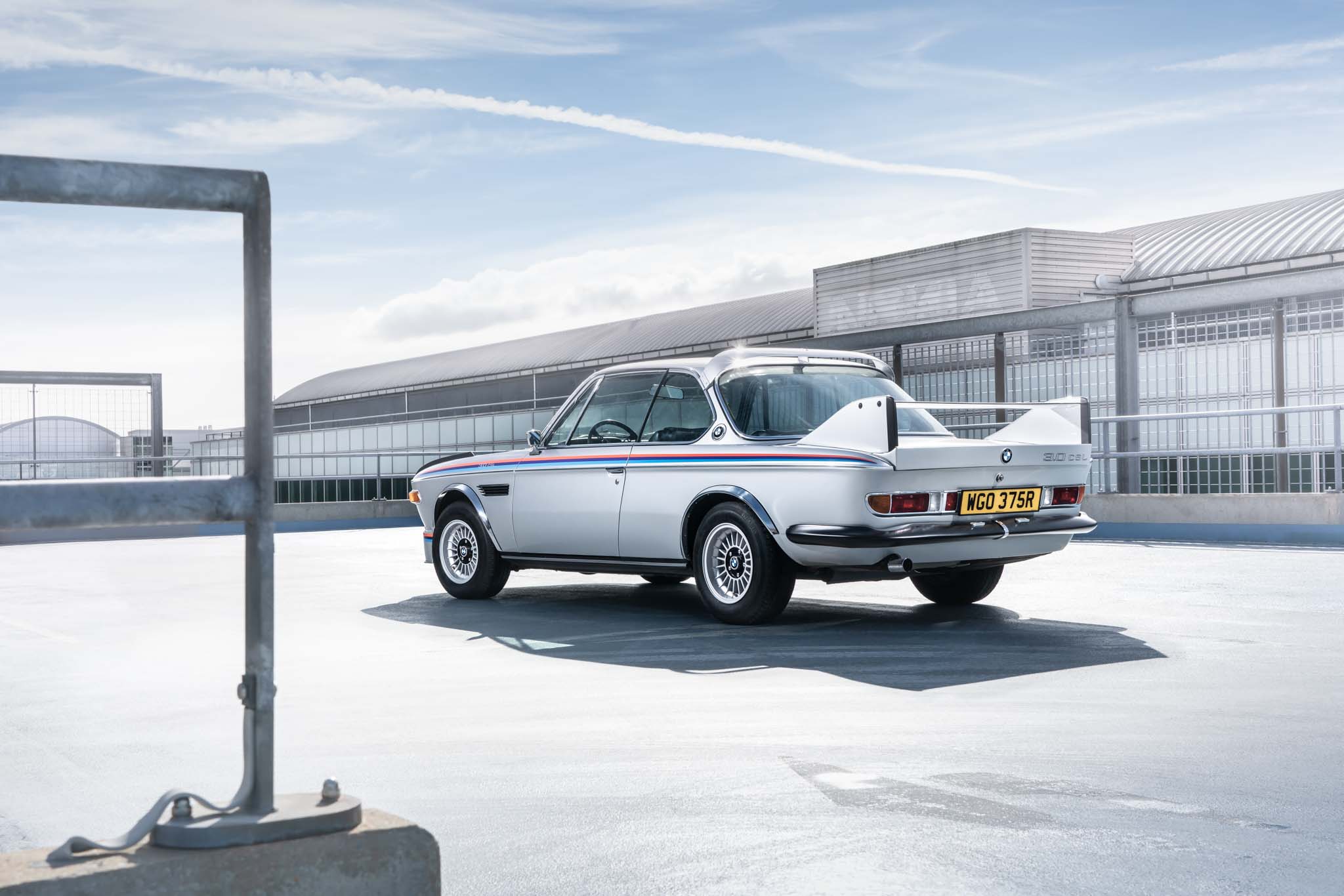British prime minister, Rishi Sunak, officially walked-back the 2030 deadline for all new cars & vans sold in the UK to be electric. The deadline got pushed back to 2035. It’s only a 5-year difference in the grand scheme of things. And perhaps a wise one. But some car manufacturers are pissed! Likely because – they’re jumping to very great & expensive lengths to try & reach that absurd I mean ambitious goal. And car makers know that EV adoption will naturally be much slower to take hold, if consumers are actually given a free choice between EV & ICE… a choice that isn’t strongly mandated & subsidized by the government. Here are some of the auto-maker responses…
“Our business needs three things from the UK government: ambition, commitment, and consistency. A relaxation of 2030 would undermine all three.” -Ford
“There’s no going back. The world needs to move on from internal combustion engines.” -Nissan
“ALL low emission and affordable technologies (ie hybrids) can have a role to play in a pragmatic vehicle transition” -Toyota: always wise, steadfast, & thoughtful
Rishi Sunak
The UK’s original 2030 deadline…
Was one of the most aggressive all-in EV-transition dates. Basically, it was the soonest date out there for full-scale EV adoption, and it was set by previous prime minister, Boris Johnson, who wanted to 1-up the rest of Europe’s 2035 goal. Like an weird green d¡ck-measuring contest… where they all lose lol. However, the current prime minister (since 2022), Rishi Sunak, often butted heads with Boris. And now some fellow politicians are criticizing Rishi for getting soft on the fight for climate change. But what Rishi’s probably getting – is a little realistic.
Because the reality is:
Even if car makers are able hit these manic deadlines & be all-EV by 2030. The vehicles that they offer are likely going to be cost prohibitive to your average citizen, and… junk. Like a rushed & fumbled cake on that Great British Baking Show that wasn’t baked long enough… and got slapped with fancy icing at the last minute to present to the judges.
Furthermore, the infrastructure will likely not be prepared by 2030. That’s a very real issue. There will be outages, hacks, and all sorts of real-world disruptions for new EV owners & rushed-to-market EVs. Dirty EV production & disposal methods will come more & more to light, as it will be impossible to sweep that under the rug forever. And in short, it could be a bad look for any politician (or car company) who stood at a podium adamantly calling it ‘sustainable’.










acheter kamagra site fiable: Achetez vos kamagra medicaments – Kamagra pharmacie en ligne
Great post. I’m dealing with many of these issues as well..